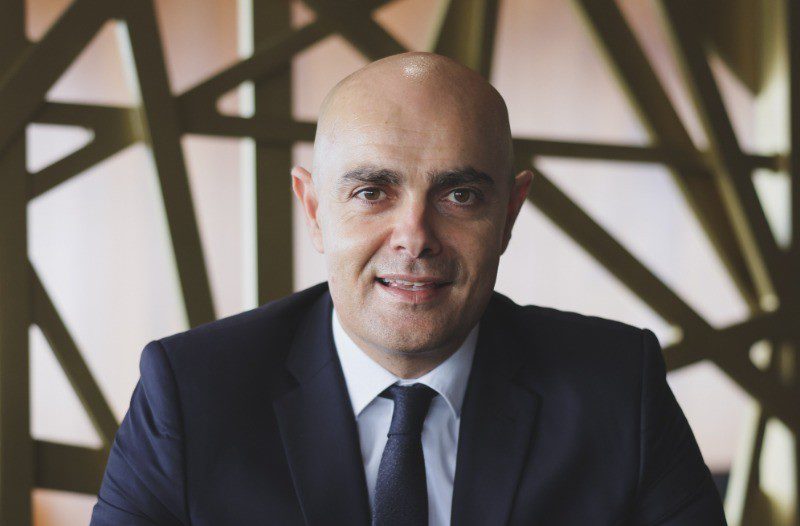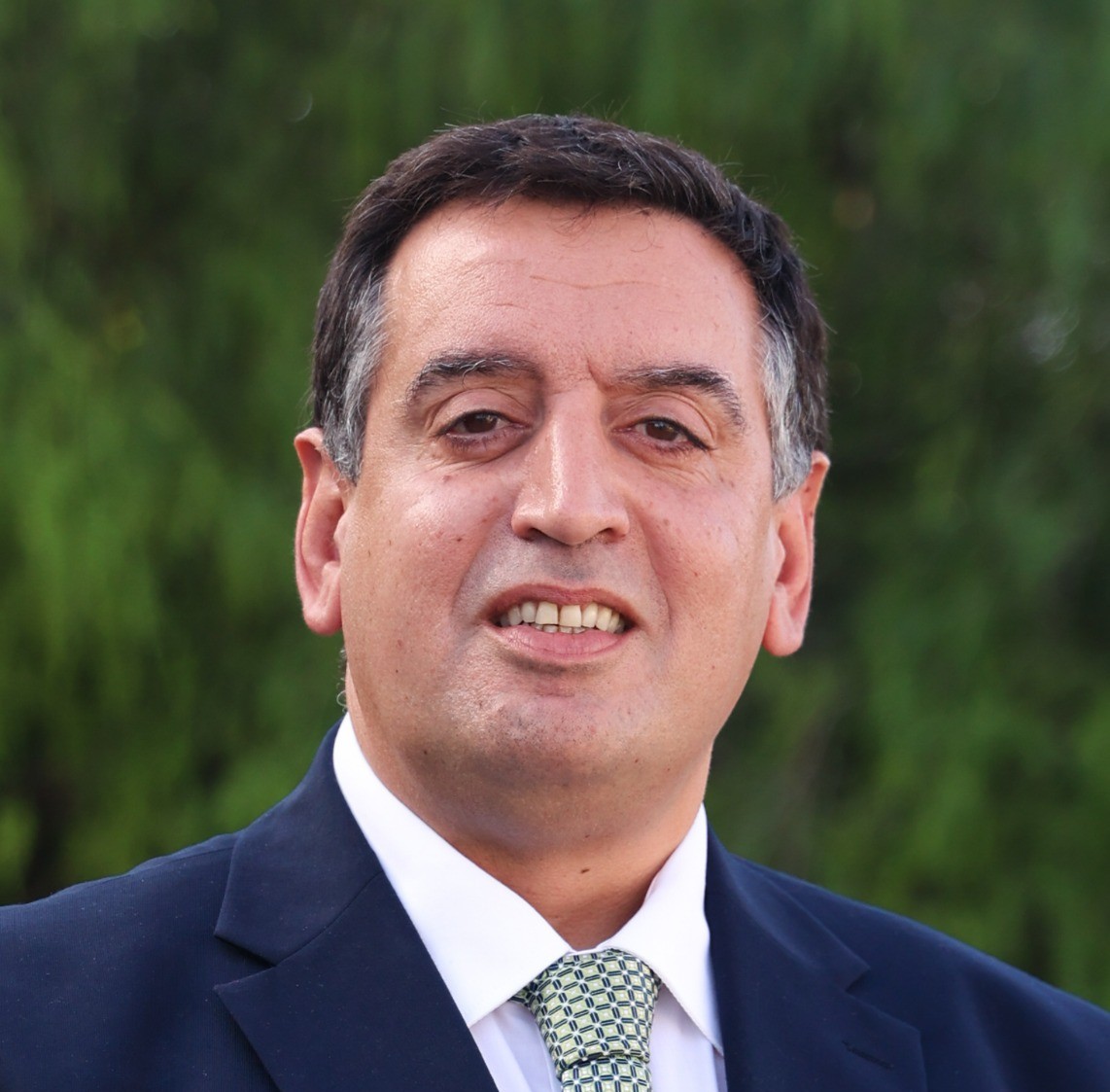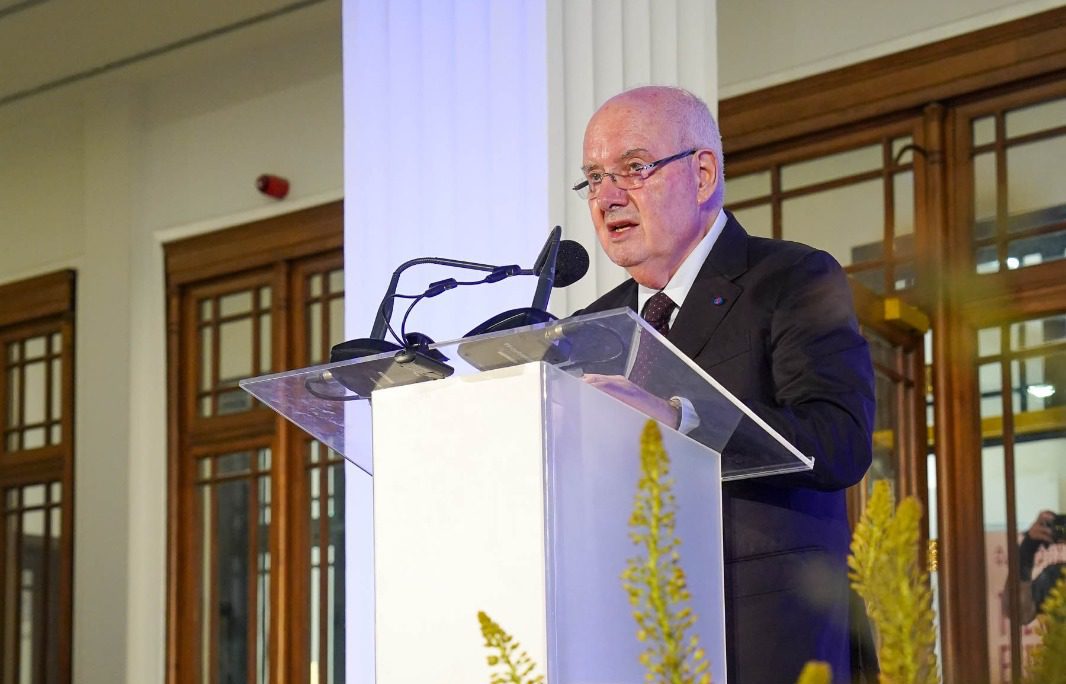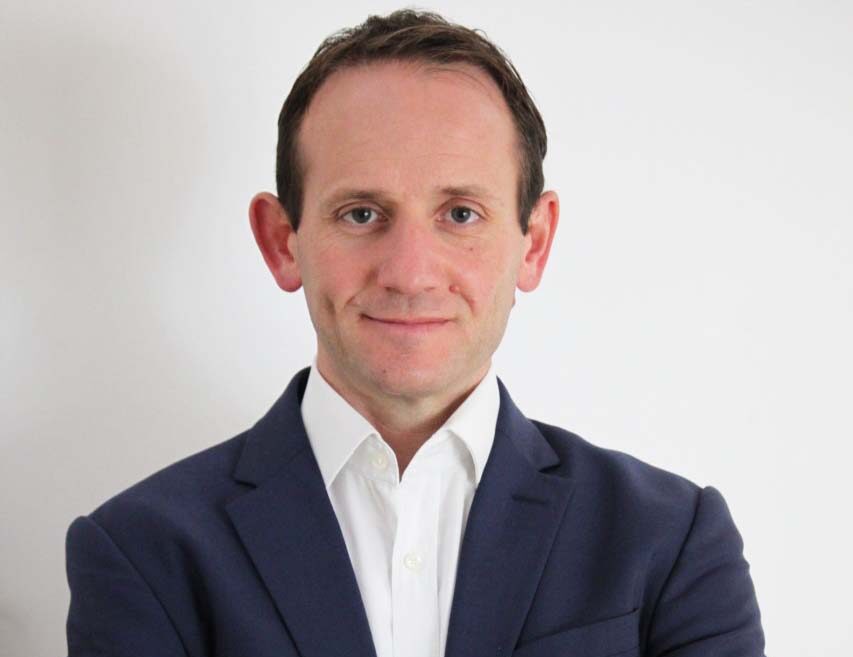Director of Data and Analytics at LeoVegas Group, Robert Farrugia, took to LinkedIn to offer his two cents about the remote working debate, ultimately concluding that more power should be given to employees rather than management when deciding on a preferred place of work.
“Most companies are trying to figure out whether their employees should work remotely or from the office. Working remotely gives people the space and time to be more productive and creative, however during the past year we have also learned that such creativity is useless unless people get together to share and help each other build on their ideas,” Mr Farrugia wrote.
He highlighted that “communication is at its best when people are gathered in the same room, however communication without productivity, probably best achieved when working alone, is also useless.”
The shift to remote working created a set of unprecedented challenges for employers in various industries. In a recent interview with iGaming Capital, George Tabone, Head of Service Delivery at Konnekt, said that “the Work From Home (WFH) realities will possibly pose more challenges to recruiters while shortlisting candidates”.
Such challenges include “adopt[ing] benefits aligned with WFH realities”, prioritising a new set of soft skills, such as “teamwork, adaptability, communication, and collaboration”, and “realigning company culture to adhere to the needs of candidates,” Mr Tabone said.
In light of the challenges and benefits posed by the prospect of remote working, Mr Farrugia suggested that “the best strategy that companies can take right now is to avoid one-size-fits-all rules and empower employees to find the best balance between productivity / creativity and communication.”
“[Companies] need to trust that their employees know what’s best for them to maximise their potential given the tasks at hand,” the Director of Data and Analytics concluded.
HR Director at RakeTech Group, Martin Schilig, recently also highlighted that going back to the office after a period of remote working might trigger employees’ anxiety. In light of this reality, Mr Schilig expressed interest in learning more about how companies will support employees in such circumstances.
Featured Image:
LinkedIn / Robert Farrugia
Ivan Falzon appointed CEO of Gozo Regional Development Authority
Mr Falzon has held senior executive positions across various sectors
UK market entry ‘a defining moment’ for eCabs Technologies – CEO
The company recently expanded into its sixth global market with the launch in Bristol.
Trident Estates Chairman: Conversion of Farsons old Brewery ‘a catalyst’ for investment
'The results achieved confirm that this ambitious project has been a success story.'
Castille CEO Matthew Camilleri appointed Chair of Irish Tech Industry Alliance
He has led Castille in building a trusted engineering network active in over 30 countries.









